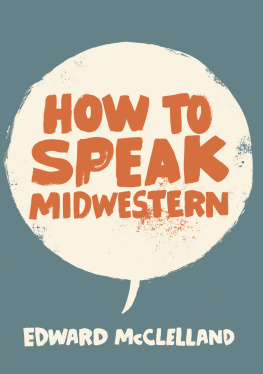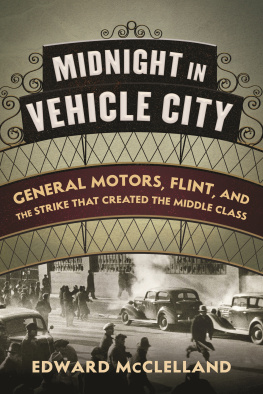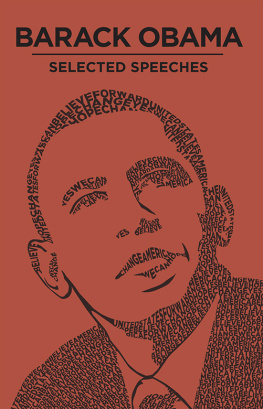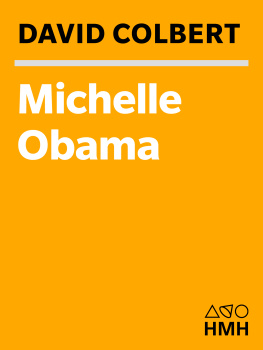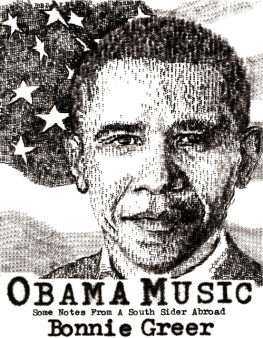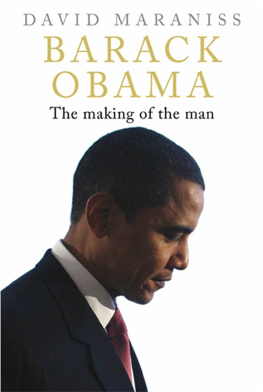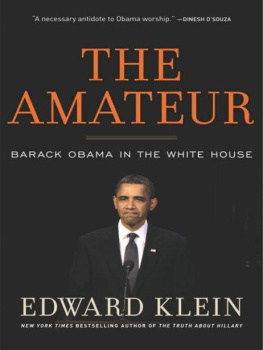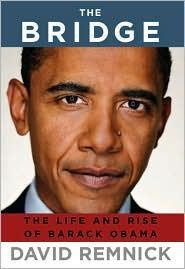BY THE SAME AUTHOR
Horseplayers: Life at the Track
The Third Coast: Sailors, Strippers, Fishermen, Folksingers,
Long-Haired Ojibway Painters, and God-Save-the-Queen
Monarchists of the Great Lakes
YOUNG
MR. OBAMA
Chicago and the Making of a
Black President
Edward McClelland

Bloomsbury Press
New York Berlin London
Copyright 2010 by Edward McClelland
Map copyright 2010 by Douglas Hunter
All rights reserved. No part of this book may be used or reproduced in any manner whatsoever without written permission from the publisher except in the case of brief quotations embodied in critical articles or reviews. For information address Bloomsbury Press, 175 Fifth Avenue, New York, NY 10010.
Published by Bloomsbury Press, New York
Illinois Blues by Skip James copyright 1968 renewed 1994 Wynwood Music Co., Inc. All Rights Reserved. Used by Permission.
LIBRARY OF CONGRESS CATALOGING-IN-PUBLICATION DATA
McClelland, Ted.
Young Mr. Obama : Chicago and the making of a black president / Edward McClelland. 1st U.S. ed.
p. cm.
Includes index.
ISBN 978-1-60819-060-7 (hardcover)
1. Obama, Barack. 2. PresidentsUnited StatesBiography. 3. African American lawyersIllinoisChicagoBiography. 4. African American politiciansIllinoisChicagoBiography. 5. African American legislatorsIllinoisBiography. 6. Chicago(IllPolitics and government1951-7. IllinoisPolitics and government1951- I. Title.
E908.M39 2010
973.932092dc22
[B]
2010007976
First published by Bloomsbury Press in 2010
This e-book edition published in 2010
E-book ISBN: 978-1-60819-384-4
www.bloomsburypress.com
To the Arden family: Patrick, Esther, Liam, and Joseph
CONTENTS
Prologue:
Chapter 1:
Chapter 2:
Chapter 3:
Chapter 4:
Chapter 5:
Chapter 6:
Chapter 7:
Chapter 8:
Chapter 9:
Chapter 10:
Chapter 11:
Chapter 12:
Chapter 13:
Epilogue:
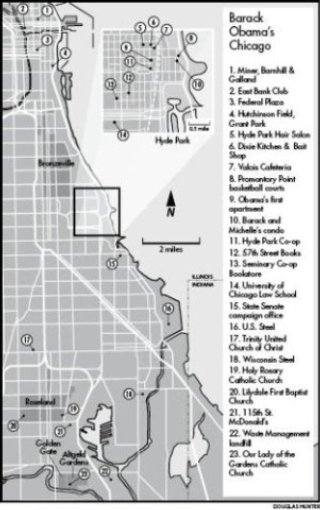
Prologue
T H E G A T E S T O G R A N T P A R K S Hutchinson Field were thrown open at a quarter past six, over an hour ahead of schedule. The crowd massing against the metal barriers wouldnt wait any longer. The first of sixty thousand Obama supportersthose lucky enough to score tickets in an Internet lotterycantered across the softball diamonds, carefree as streakers, racing for a spot near the floodlit stage. It was standing-room-only for the final Obama rally of the 2008 presidential campaign.
They were young, most of them. There was a sense of conquest as they filled the sunken field and raised American flags of all sizes, from desktop squares to bedsheet banners. The last generational shift in American politics had taken place on the same grass they were trampling. The riots at the 1968 Democratic National Convention broke apart the New Deal coalition and began a forty-year-long conservative backlash whose ashes would be blown away by the end of this night. Then, Chicago had stood for dissent and disunion. It was the stage where a nation acted out its angriest divisions since the Civil War. Once again, the whole world was watching Grant Park, but this time, it would represent the values of the man who had chosen this spot, a man who, four years before, on the second-biggest night of his life, had declared, Theres not a liberal America and a conservative Americatheres a United States of America.
Its the transformative night of my generation, said a twenty-six-year-old Chicagoan. Obama is going to be the first postbaby boomer president. Hes getting us past the sixties. All this stuff about Bill Ayers and the racial issue, I dont give a shit. Theres more important stuff out there, like the economy and alternative energy.
They came from all over the world. A half dozen Sudanese Lost Boys, all gangly six-footers like the half-African candidate, stood together on a patch of infield dirt. An Irish immigrant wore a faded-looking T-shirt: BARACK OBAMA FOR ILLINOIS STATE SENATE, 13TH DISTRICT 96 . No such campaign memorabilia had ever existed. The T-shirt came from Urban Outfitters. Every few minutes, the young Irishman checked his BlackBerry. His father was texting him with election returns from in front of a TV in Dublin.
No one anticipated Obamas victory with more satisfaction than Chicagos African-Americans. They had raised the man to power. Twenty-three years before, he had arrived in this city as a stranger, unsure even of his place in its black community. But he had organized its poorest residents, had gotten his picture in Jet (whose offices overlooked Grant Park) by becoming president of the Harvard Law Review , and then returned to the South Side to marry one of its most beautiful, accomplished daughters and represent his fellow blacks in the state senate. Along the way, some had questioned whether he really was black, or just a deep-down white man whose blackness was only skin deep, an accident of ancestry. But now that he was hours away from winning the most powerful office on Earth, they were eager to claim him, and his triumph, as their own. In the VIP tent sat Jesse Jackson and Oprah Winfrey. Almost as much as Obama, they represented what ambitious African-Americans could achieve in Chicago. Like him, they had arrived in the city in their twenties and risen to worldwide fame.
In the crowd stood Ronnie Wickers, better known as Ronnie Woo-Woo. An original Wrigley Field bleacher bum, he had altered his Cubs uniform to read OBAMA 08 and changed his stadium cheer for the candidate.
Obama! Woo! Obama! Woo! Obama! Woo! he wheezed, substituting Obama for Cubs.
Im sixty-seven years old, Wickers said. Obamas like Jackie Robinson. An African-American got a chance to play baseball back in the day. Obama, hes got a chance to prove himself.
The sunken meadow was walled on three sides by skyscrapers, whose illuminated windows formed constellations for city dwellers. VOTE 2008 spelled out the windows of the Associates Center. The CNA Building was a Lite-Brite Stars and Stripes. Diamond Vision screens, as big as billboards, were flashing CNNs carnival-colored election maps. Whenever a state turned blue, a hundred thousand voices rose. (The crowd outside the park was just as big as the crowd inside. Those who hadnt won a golden ticket stood along Michigan Avenue, begging like Deadheads looking for a miracle. Anyone need a guest? I need one. Im not a scalper.) When Ohio went for Obama, the roar was as loud as any cheer for a Bears touchdown in Soldier Field, a few blocks to the south. Mathematically, Ohio didnt clinch the election, but that was the moment everyone knew, because Ohio had tripped up John Kerry in 2004.
It became official at ten oclock Central Time. Obamas partisans counted down the seconds until the polls closed on the West Coast: Ten-nine-eight-seven-six-five-four-three-two-one.
Its not the jubilation from that moment that remains in peoples minds. Its the tears. Jesse Jackson, who had grown up in segregated South Carolina, moved to even more segregated Chicago, and sought this same office when it was impossible for a black man to win, watched his protg with reddened eyes. Oprah Winfrey, born in Mississippi, pregnant at fifteen, leaned on a strangers shoulder. Out in the meadow, Amie Sipp cried too, after she gave up trying to call her father, who was celebrating on the South Side.
It means change, the thirty-year-old woman said. Equal opportunity. No matter what color you are, you can do whatever you want to do, no limitation.
When Obama finally emerged for his victory speech, his first words were Hello, Chicago! It was both a greeting to the city where he had made his political career and a note of gratitude. Obama is a remarkable politician, but if he hadnt come to Chicago, he wouldnt have been standing on a stage, about to address the entire world. His home state of Hawaii is more diverse, the California of his college days more tolerant, New York more cosmopolitan, and Massachusetts more sophisticated. But only in Chicago could a black man have become president of the United States. His rise to power had begun just a few miles away, on the South Side, in the midst of the largest black community in the United States. It couldnt have happened anywhere else.
Next page

